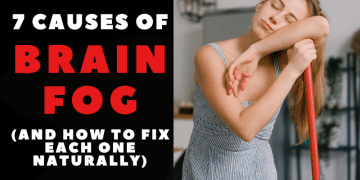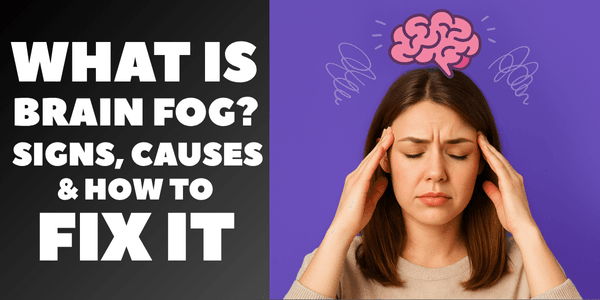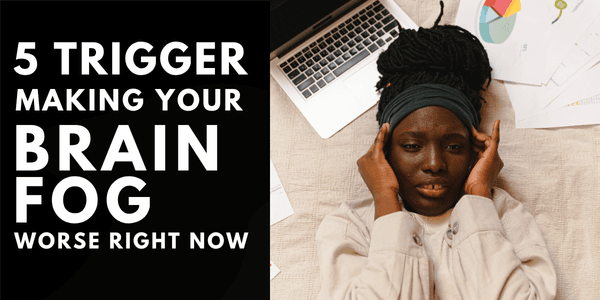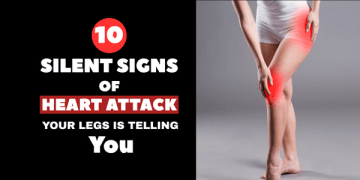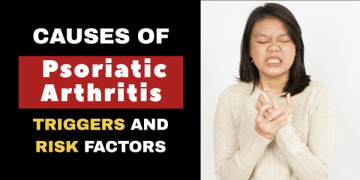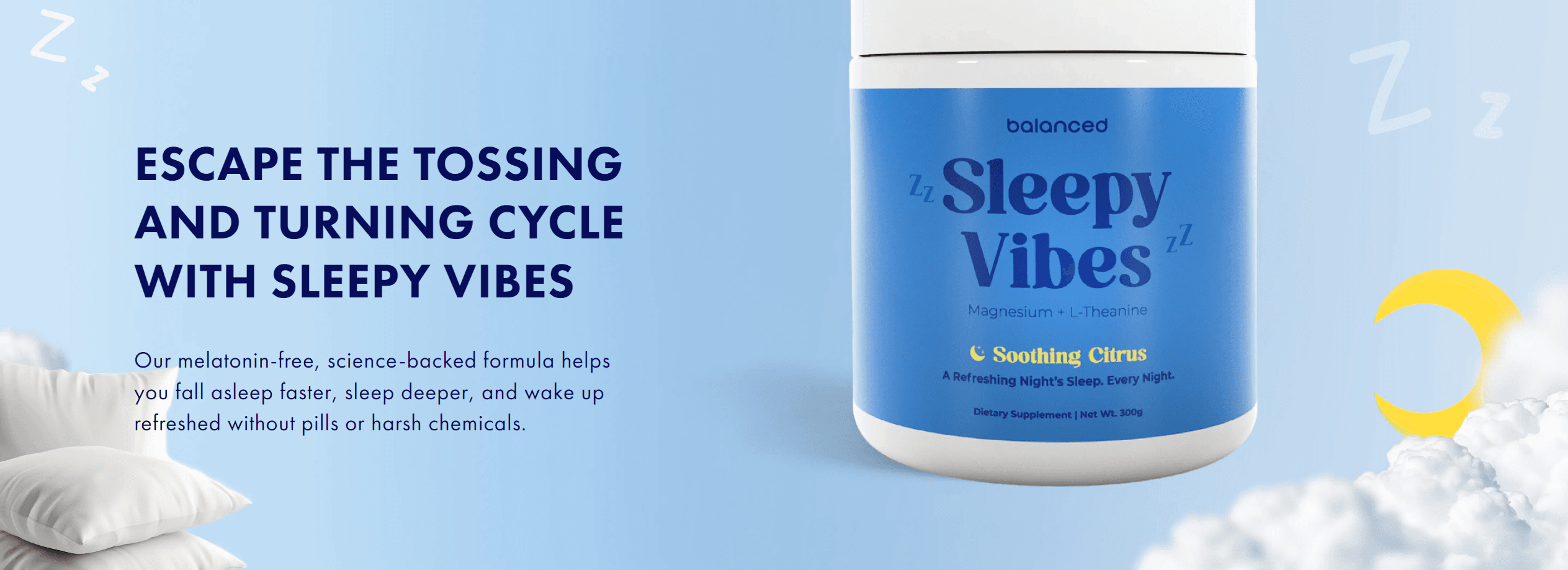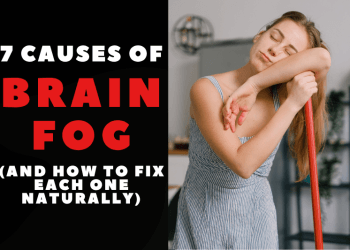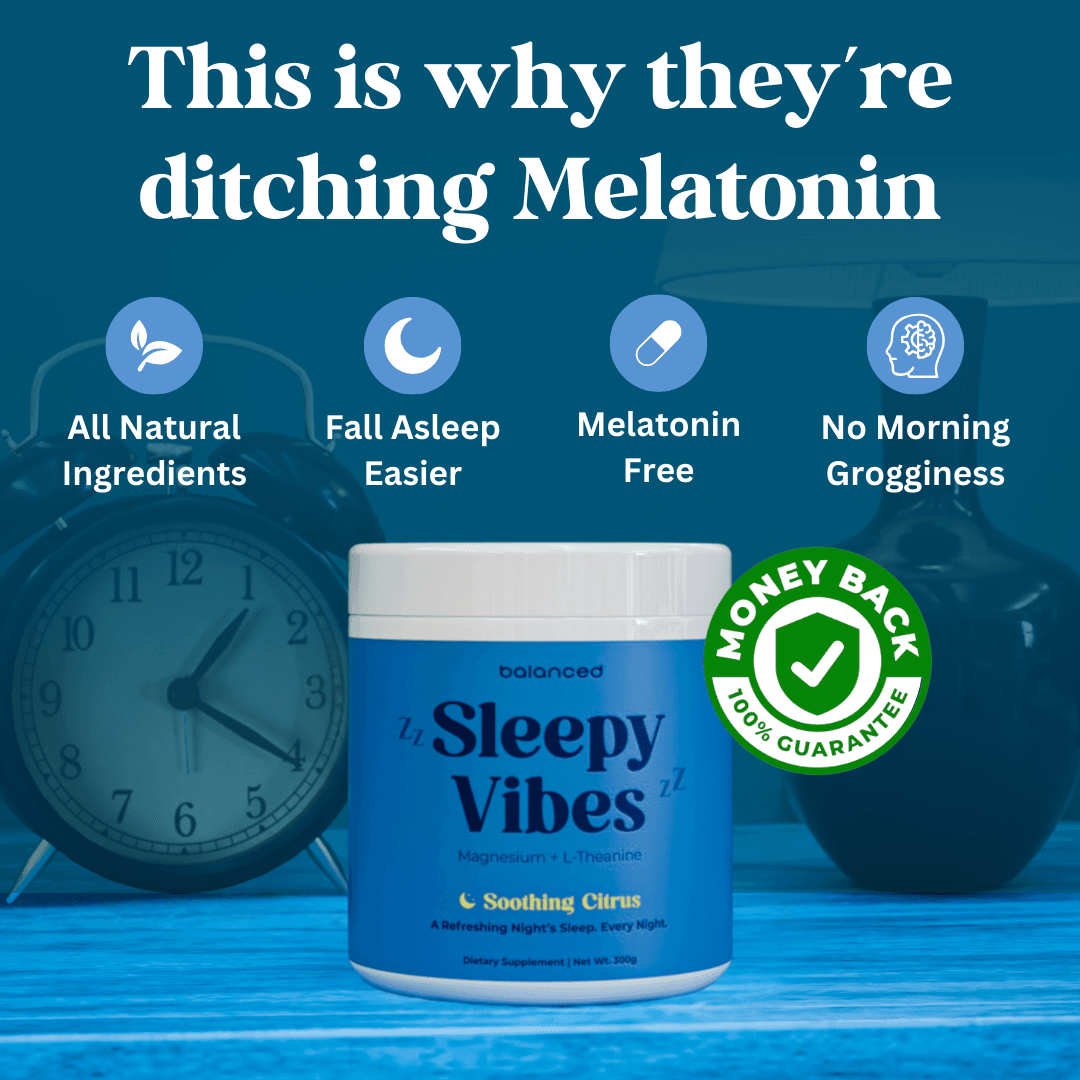Last Updated on June 19, 2025 by Lauretta Iyamu, PharmD
The erect penis symbolizes a man’s virility and sexual prowess. If you’re experiencing erectile dysfunction (ED), it can often feel as if your problem is unique, as if no one else has ever had it. While your experience may be new to you, it’s not something that many men in the past haven’t experienced, even if they didn’t talk about it openly at the time [1]. So today, I’ll share the
- what is erectile dysfunction
- symptoms of ED that you might be ignoring
- causes of ED
- risk factors
WHAT IS ERECTILE DYSFUNCTION
Erectile dysfunction (ED) is a condition in which you cannot achieve or maintain a firm erection sufficient for satisfactory sexual performance and affects a considerable proportion of men at least occasionally. ED can be described as a short-term or long-term problem. In addition, the severity of erectile dysfunction is often defined as mild, moderate, or severe [2].
ERECTILE DYSFUNCTION SYMPTOMS
1) Difficulty Achieving or Maintaining an Erection
Many men experience erectile dysfunction (ED) at some point. But if you’re having trouble getting and maintaining an erection, you may have an underlying condition that needs to be addressed. The most common cause of ED is physical, such as cardiovascular disease or high blood pressure.
2) Performance Anxiety
Performance anxiety is a common cause of erectile dysfunction that happens in one-time situations, like when you’re giving a presentation at work, or it could happen more frequently, like when you must speak up in class. When you experience performance anxiety, your brain sends a signal to your body that says you’re about to do something scary. This signal triggers an adrenaline rush and other hormones that cause physical symptoms such as shaking or sweating.
3) Low Libido
The first sign that you may have erectile dysfunction is low libido. If you’re sexually active but no longer interested in sex or touching yourself, it could mean that your body can’t respond to sexual stimuli. The second sign is a lack of morning erection.
4) Poor sleep quality
Poor sleep quality can lead to erectile dysfunction, which is why it’s essential to ensure you get the right amount of sleep every night. A good night’s rest will give you the energy you need to carry out your day, improve your mood, and help you communicate better with others.
5) Low self-esteem
Low self-esteem can affect a man in many ways. It can cause a man to feel insecure and not good enough, leading to sadness, anger, and depression. This can, in turn, lead to low self-confidence as well as an inability to satisfy their partner sexually. Low self-esteem is more common than people think, and men need to recognize the signs in themselves or their loved ones to get the help they need.
6) Relationship Problems
Having erectile dysfunction is not a sign of a relationship problem but can cause problems in your relationships. It’s important to talk openly with your partner and let them know what’s going on so they can help you work through it together. For example, if you struggle with ED because of stress or anxiety, your partner could take over giving oral sex. There are also products available, like Viagra or Cialis, which can help make intercourse easier. If medication isn’t working for you and this has been happening for six months or more, it might be time to see a doctor for further evaluation.
7) Guilt or shame
Guilt or shame can contribute to a man’s inability to maintain an erection. This can happen if the man feels bad about himself because he is unable to perform sexually or if he feels guilty for having sexual thoughts and not being able to act on them. These feelings may arise from cultural expectations, religion, or beliefs about sex. Sex might also make men feel like they are always supposed to want it and that they’re somehow inadequate if they don’t want it all the time.
Guilt and shame are common in people with depression. If you think you might have erectile dysfunction, speak with your doctor as soon as possible to get help before things get worse.
WHAT CAN CAUSE ERECTILE DYSFUNCTION?
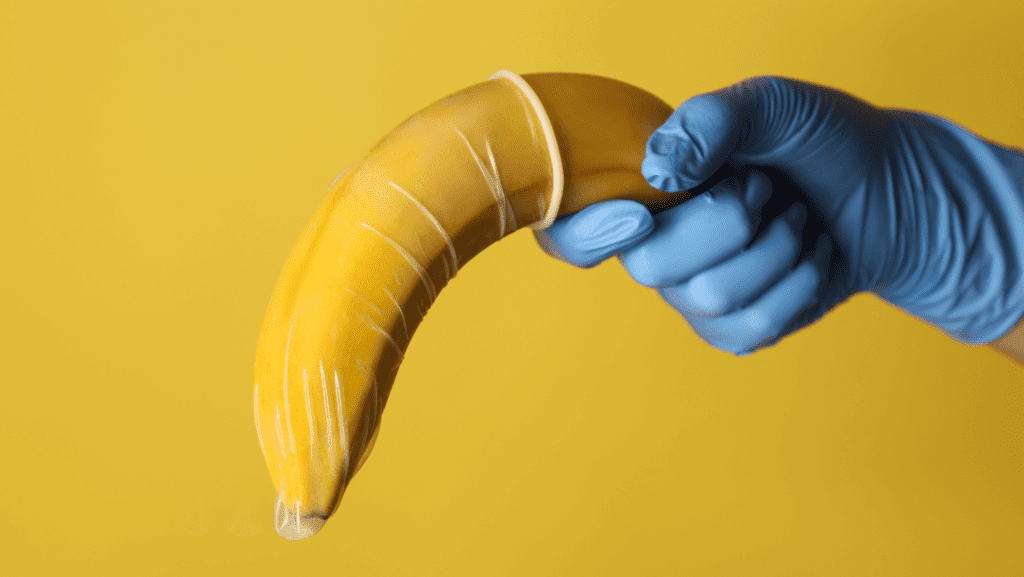
Comorbid diseases
Erectile dysfunction can result from different causes. The following diseases and conditions can lead to erectile dysfunction [2].
- Type 2 diabetes
- Heart and blood vessel disease
- Atherosclerosis
- High blood pressure
- Chronic kidney disease
- Multiple sclerosis
- Peyronie’s disease
- Injury from treatments for prostate cancer
- Surgery for bladder cancer
Medications associated with erectile dysfunction
- Drugs used to treat hypertension examples: Thiazide diuretics, β-blockers, and spironolactone
- A drug used when the heart beats too slowly, too fast, or in an irregular way example: Digoxin
- Drugs used to treat benign prostatic hyperplasia (BPH) example:5α-reductase inhibitors.
- Drugs used to treat prostate cancer example: Anti-androgens
- Medications used to treat prostate cancer example: Luteinizing hormone-releasing agonists and antagonists
- Medications used to treat depression and other psychiatric conditions models: Tricyclic antidepressants, selective serotonin reuptake inhibitors, benzodiazepines, antipsychotics, and phenytoin
- Drugs used to treat ulcers example: H2 blockers
- Drugs used to treat pain example: Opiates
RELATED ARTICLE: Erectile Dysfunction Treatment
RISK FACTORS
ED is quite common and affects about 150 million men worldwide [2]. Identifying the root causes of erectile dysfunction is vital for proper diagnosis and treatment. Some risk factors of ED are [3].
1. Lifestyle
Alcohol and smoking habits can affect your erectile dysfunction. Studies show a positive relationship between the quantity and duration of smoking and the risk of erectile dysfunction [4]. Another study also found that for participants who consulted for dysfunction, severe alcohol consumption is a cause of worse sexual function and higher heart disease events [5].
2. Diet
Some food you eat can increase your risk of ED. Examples of such foods include [3].
Diets low in
- Whole grains
- Legumes
- Vegetables
- Fruits
Diets high in
- Red meat
- Full-fat dairy products
- Sugary food
- Beverages
3. Obesity
According to a study on the prevalence of diseases, being overweight and having metabolic syndrome are linked with an increased risk of erectile dysfunction [3].
4. Diabetes
Sexual function is impaired by prediabetes, type 1 and type 2 diabetes. In addition, comorbid disorders with diabetes, such as peripheral neuropathy, accumulation of fat in the heart artery (arteriosclerosis), dysfunction of the arteriole, and hypogonadism, all contribute to diabetes-related sexual dysfunction [6].
5. Heart disease
Erectile dysfunction resulting from arterioles and heart disease dysfunction are ways to identify a vascular disorder. This relationship is significant in men less than 55 years of age and those with erectile dysfunction. This helps to detect the condition early and initiate the correct management of erectile dysfunction-associated morbidities [3].
6. Benign Prostatic Hyperplasia (BPH) and Lower Urinary tract Symptoms (LUTS)
The presence of LUTS alongside BPH shows another vital concern in men with erectile dysfunction [3].
7. Mental health problems
All sexual problems are stressful and can lead to mental health disturbances. Psychiatric symptoms are often present in patients with erectile dysfunction. Some drugs you take for mental health conditions can induce erectile and sexual problems [3].
WRAPPING UP
Erectile dysfunction can hurt a man’s quality of life. If you’ve experienced erectile dysfunction in the past or are starting to notice some of the symptoms discussed in this article now, you may be ignoring it or wishing it would go away without treatment. Your friends might tell you that ED isn’t severe, but they are wrong. If left untreated, erectile dysfunction can have many severe consequences for your physical and mental health and well-being, including heart disease, depression, anxiety, and other medical problems you may not have even thought of yet! On the other hand, suppose you observe some of the symptoms such as difficulty achieving an erection, low libido, anxiety performance, poor quality sleep, low self-esteem, and problems with your relationships. In that case, you need to discuss your situation with your doctor for a diagnosis and the ED treatment best for your condition.
REFERENCES
- Symptoms of Erectile Dysfunction; Available at: https://www.niddk.nih.gov/health-information/urologic-diseases/erectile-dysfunction/symptoms-causes
- Nunes KP, Labazi H, Webb RC. New insights into hypertension-associated erectile dysfunction. Curr Opin Nephrol Hypertens. 2012;21(2):163-170.
- Yafi FA, Jenkins L, Albersen M, et al. Erectile dysfunction. Nat Rev Dis Primers. 2016;2:16003. Published 2016 Feb 4.
- Cao S, Gan Y, Dong X, Liu J, Lu Z. Association of quantity and duration of smoking with erectile dysfunction: a dose-response meta-analysis. J Sex Med. 2014;11(10):2376-2384.
- Boddi V, Corona G, Monami M, et al. Priapus is happier with Venus than with Bacchus [published correction appears in J Sex Med. 2010 Nov;7(11):3803]. J Sex Med. 2010;7(8):2831-28
- Corona G, Giorda CB, Cucinotta D, Guida P, Nada E; SUBITO-DE study group. The SUBITO-DE study: sexual dysfunction in newly diagnosed type 2 diabetes male patients. J Endocrinol Invest. 2013;36(10):864-868.
- Leisegang K, Finelli R. Alternative medicine and herbal remedies in the treatment of erectile dysfunction: A systematic review. Arab J Urol. 2021;19(3):323-339. Published 2021 Jun 11.
- Engelhardt PF, Daha LK, Zils T, Simak R, König K, Pflüger H. Acupuncture in the treatment of psychogenic erectile dysfunction: first results of a prospective randomized placebo-controlled study. Int J Impot Res. 2003;15(5):343-346.


